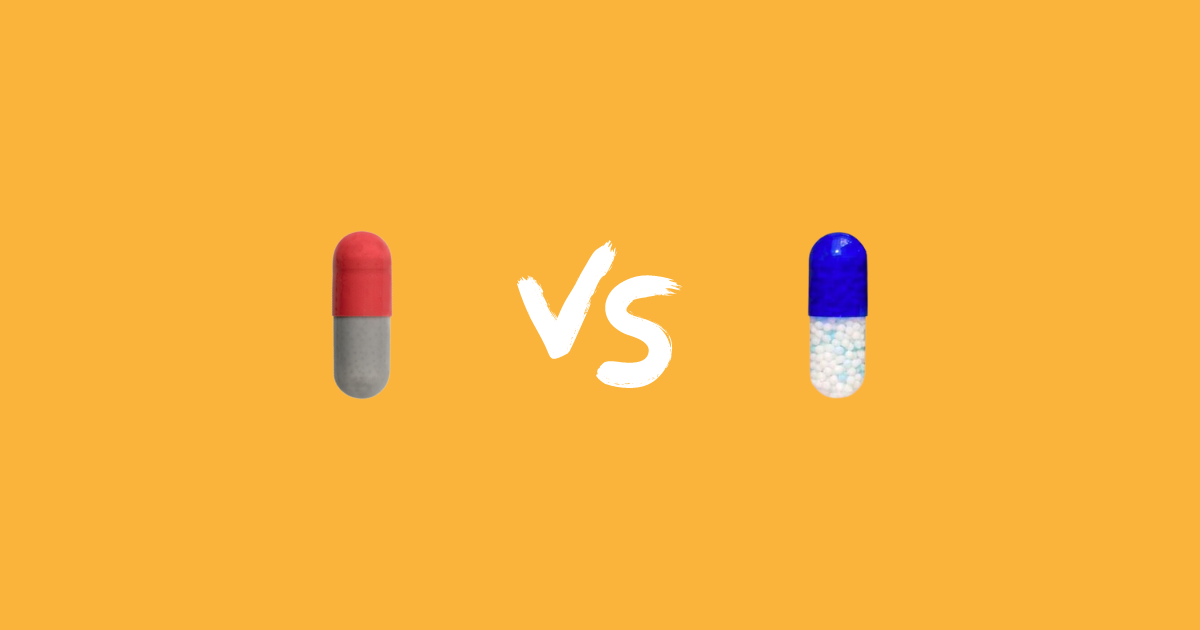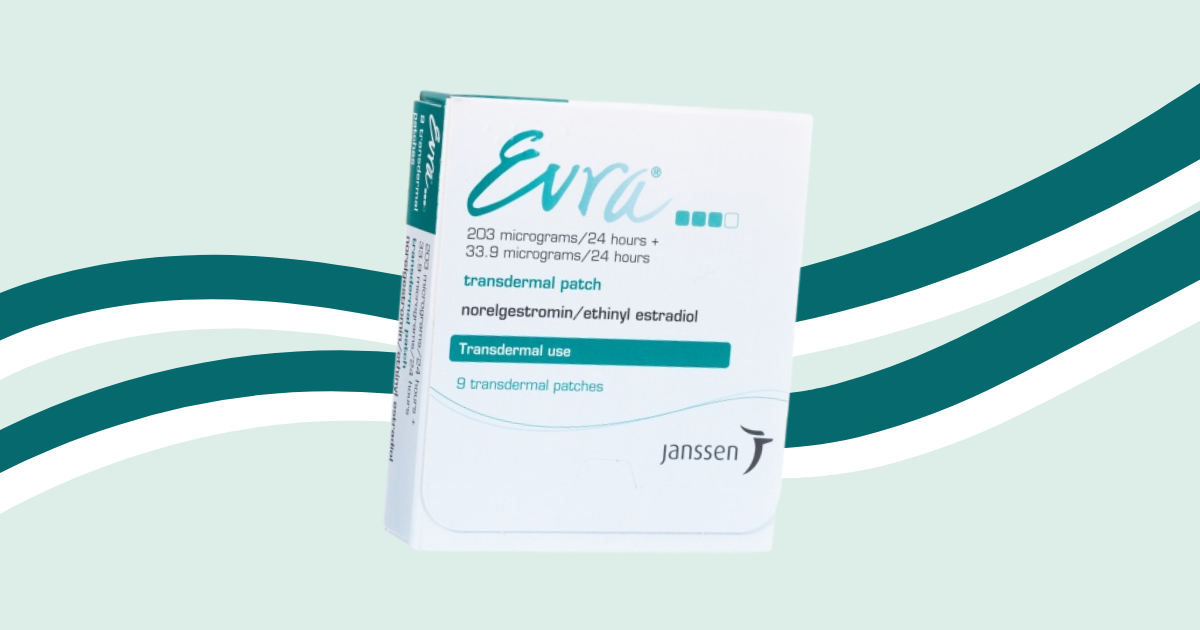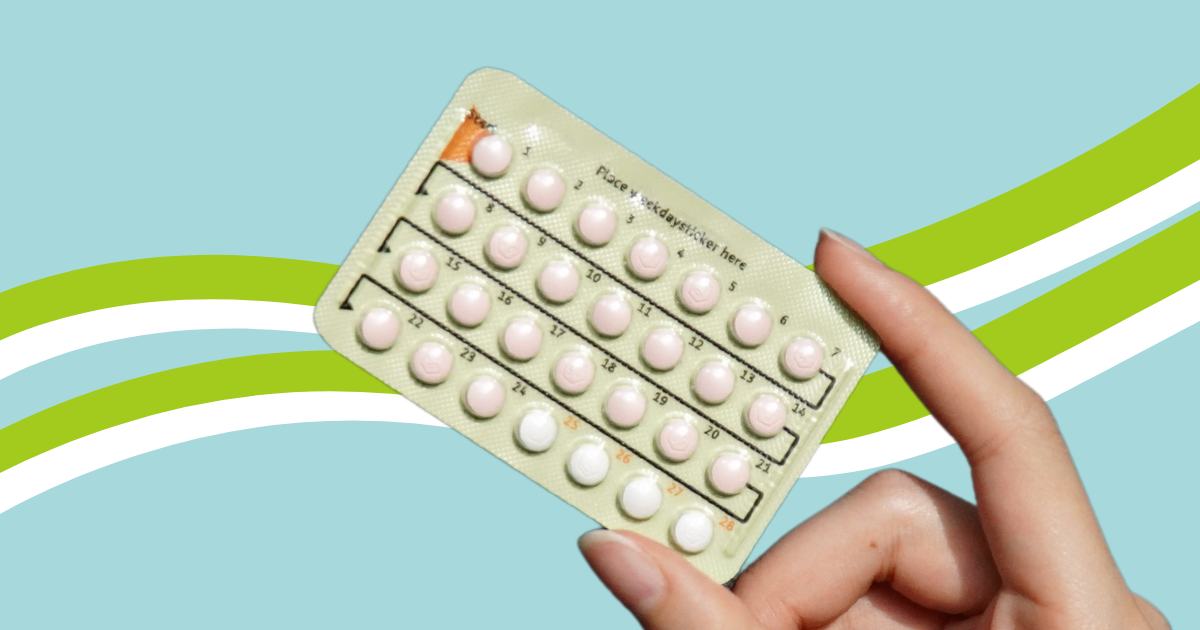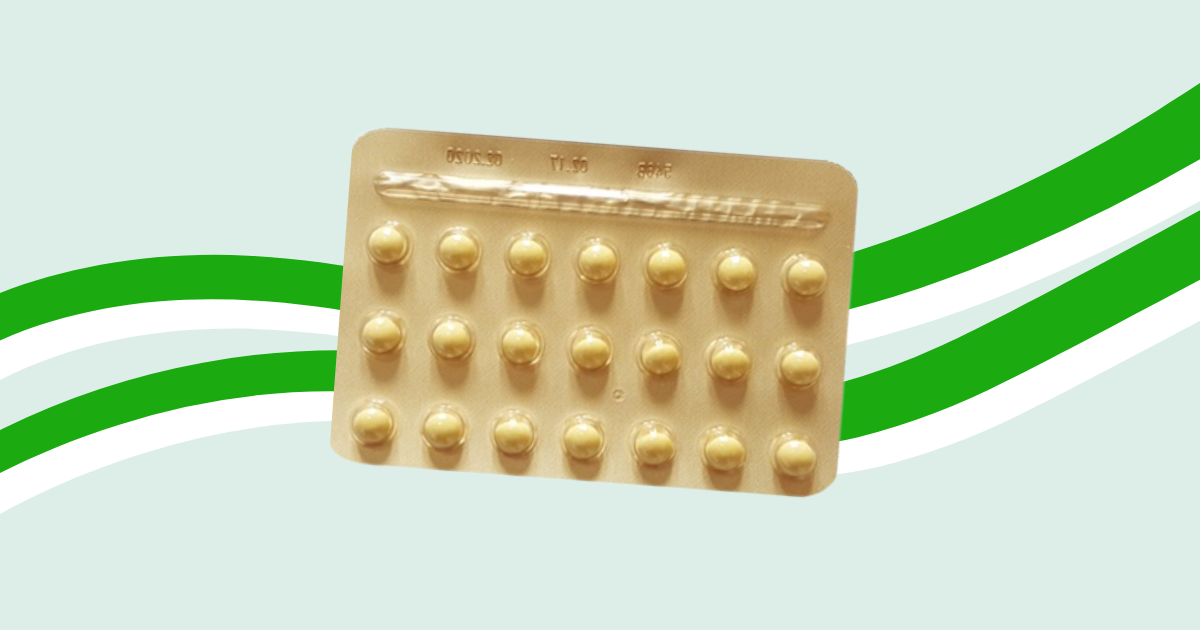Us women have never asked for periods. It is uncomfortable, troublesome and sometimes even painful. It doesn’t help that they are a monthly occurrence.
There’s no natural way to stop the Crimson Wave and other monthly woes from crashing onto the shore, but there are medicines that may do the trick – period-delay medication such as norethisterone and hormonal contraception such as birth control pills/patches.
In this article, we share more about:
- Benefits of delaying or skipping your period(s);
- How to delay or skip your period(s) safely;
- Is it safe to delay or skip period(s); and
- Where to buy period delay medication (Norethisterone) or birth control in Singapore.
Benefits Of Delaying Or Skipping Your Period(s)
There are many reasons why many women choose to skip their periods. As periods are a hassle for all and even excruciating for some, it is understandable why women would rather skip their periods than bear with the inconvenience, especially since it’s proven to be safe to do so.
Symptoms, conditions or reasons why people delay or skip their periods can help with include:
- heavy periods – excessive blood loss every month can take its toll physically and emotionally, and can also lead to iron deficiency anaemia, which can leave you feeling very tired (fatigued), but skipping periods can help avoid this.
- painful periods – if your periods cause cramping tummy pains or lower backache, skipping a period can give you a well-needed break.
- irregular periods – not knowing when your period is coming can be annoying, but delaying or skipping it can put you back in control.
- premenstrual syndrome (PMS) – PMS symptoms you can get before your period range from bloating and mood swings to acne and breast pain, but not having a ‘natural’ cycle can reduce your chances of getting them.
- endometriosis – this long-term (chronic) condition can cause heavy and painful periods, but hormonal treatments that stop your periods can help ease symptoms.
- fibroids – these non-cancerous growths that can develop in or around your womb can also cause heavy or painful periods, so skipping or stopping periods can help manage symptoms.
- blood clotting disorders – conditions that cause bleeding, such as Von Willebrand disease, often cause heavy periods, so not having periods can make symptoms easier to manage.
- other health conditions – several other health conditions can be aggravated or made worse by having periods, including menstrual migraines, asthma and irritable bowel syndrome (IBS).
- non-medical reasons – such as for a holiday, staycation or big event.
How To Delay Or Skip Your Period(s) Safely?
There are no natural remedies to delay or stop your period, but there are medicines that may do the trick!
Norethisterone
If you are currently not on any hormonal contraception and want to delay your period, your doctor can temporarily prescribe you a period-delay medication called Norethisterone.
Norethisterone contains the hormone progesterone. In a natural female cycle, the menstrual period (monthly shedding of the womb lining) is triggered by a drop in the level of progesterone hormone. By taking norethisterone and artificially keeping your natural progesterone levels up, it stops the lining of your womb from shedding and hence prevents your period from happening.
Once you stop taking Norethisterone, your progesterone levels return to normal and your next period usually starts again within 3 days.
Norethisterone has to be taken 3 times a day (1 tablet each time), starting 3 days before your period is due to start. Norethisterone does not act as a contraceptive when taken for period delay, so you could still get pregnant. It is important to consider if you need alternative contraception such as condoms. However, Norethisterone should not be used alongside any hormonal contraceptive.
Birth Control Pills/Patches
To skip your period(s) using the combined birth control pills, simply skip the inactive pills or 7-day hormone-free break by starting on a new pack of pills immediately.
To skip your period(s) using the combined birth control patches, simply skip the 7-day hormone-free break by starting on a new pack of patches immediately.
When you are on continuous use of birth control pills/patch, levels of estrogen and progesterone are consistently high which prevents ovulation from taking place. When ovulation does not occur, your period does not come too.
Is It Safe To Delay Or Skip Periods?
Menstrual suppression — the use of hormones to delay or eliminate menses — is often used to manage conditions associated with the menstrual cycle and to accommodate lifestyle preferences. Studies show that reducing the frequency of menstrual bleeding does not cause any known physiologic harm and has potential short-term and long-term advantages. Different methods used for menstrual suppression, however, have associated risks and side effects that need to be weighed against the benefits of controlling menses.
Where To Buy Period Delay Medication (Norethisterone) Or Birth Control In Singapore?
Norethisterone and birth control are prescription-only medications in Singapore. You would need to consult a doctor in person before you can get started on them.
With Siena, you can have access to affordable period delay pills and birth control from the comfort of your home. Simply complete an online questionnaire, and speak with a doctor via an online video call. If prescribed, your medication will be delivered to you in discreet packaging and at no additional charge!









